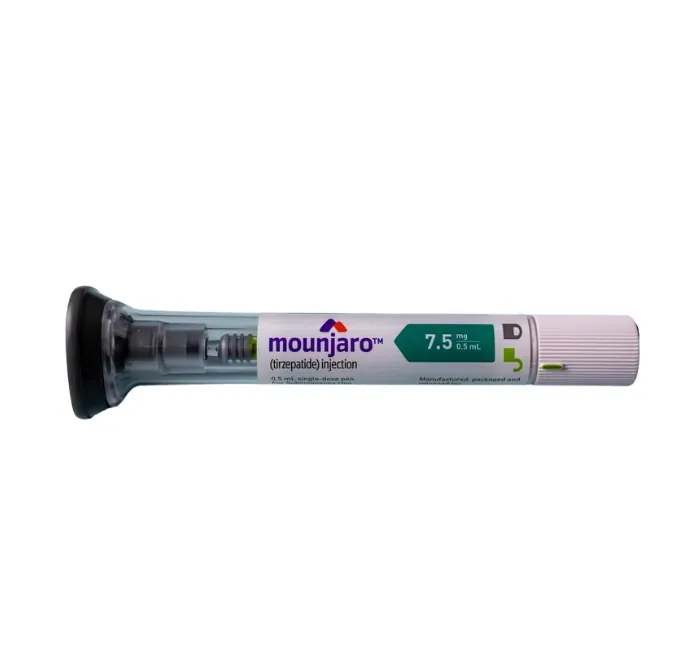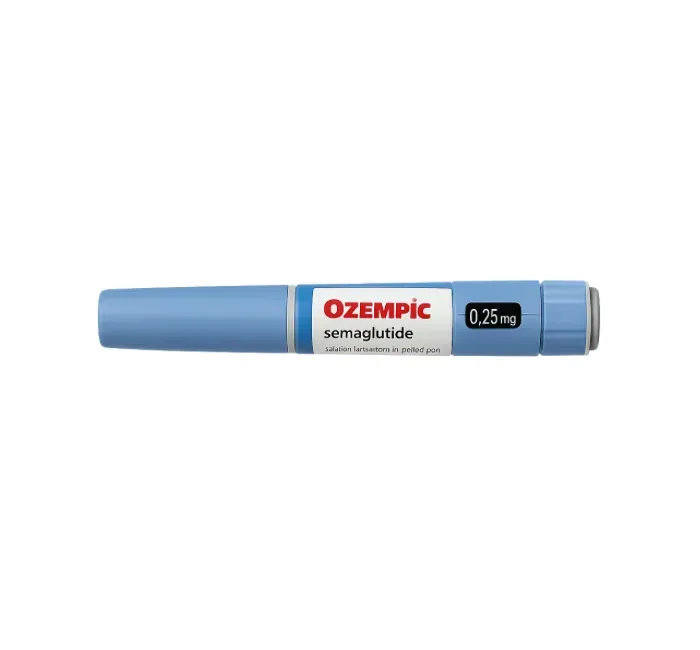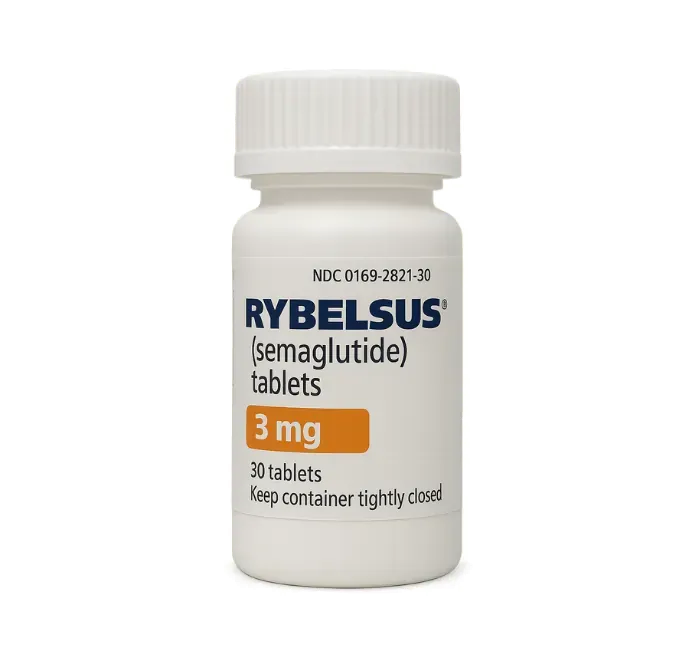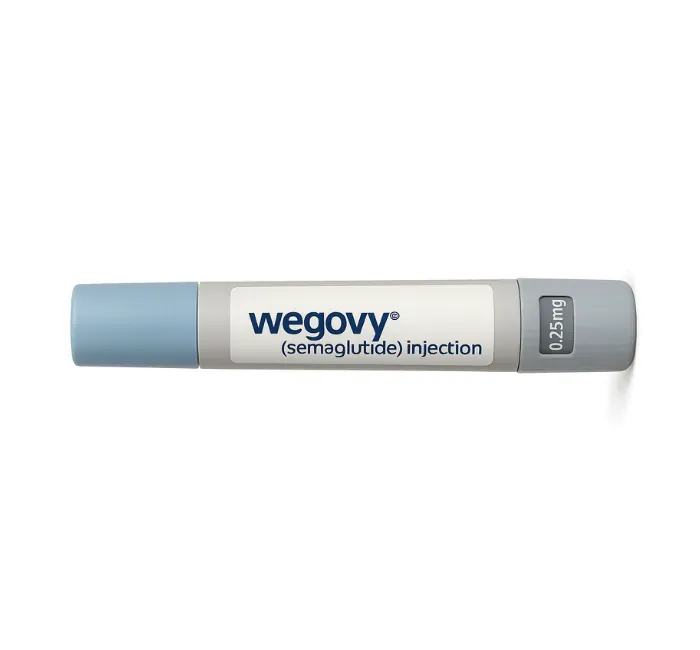When Will Generic Semaglutide Be Available?
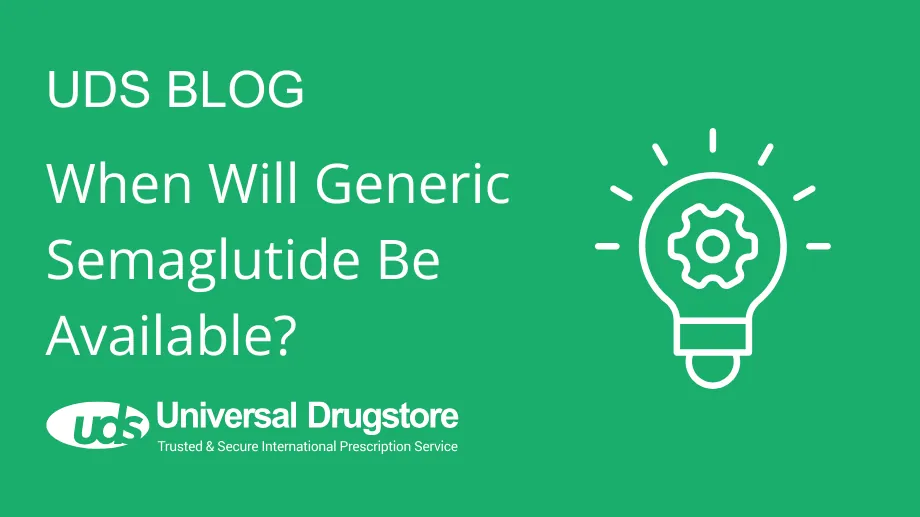
Key Takeaways
- Generic semaglutide will not be available until at least 2031 in the U.S., when Novo Nordisk’s patents begin expiring.
- Canada may see generic semaglutide as early as 2026, due to differences in their patent laws.
- Compounded semaglutide exists but is not an FDA-approved generic and carries safety risks.
- Patent protection prevents other manufacturers from producing true generic versions until patents expire.
Patients taking semaglutide medications like Ozempic and Wegovy often face monthly costs exceeding $1,000 without insurance coverage. If you’re wondering when will generic semaglutide be available to make these medications more affordable, the answer may depend on where you live. While the timeline varies by country, most patients will need to wait several more years before accessing generic versions of these GLP-1 medications.
Generic Semaglutide Timeline
The timeline for when generic semaglutide will become available varies significantly between countries due to different patent laws and regulations. In the United States, patients will need to wait until at least 2031 before seeing generic versions of semaglutide medications. This extended timeline applies to all semaglutide-containing drugs, including Ozempic for diabetes, Wegovy for weight loss, and Rybelsus oral formulations.
However, the situation is more promising in Canada, where generic semaglutide may become available as early as 2026. This earlier availability stems from differences in patent protection laws and how different countries handle pharmaceutical exclusivity periods.
It’s important to note that patent challenges or extensions could potentially alter these timelines. Generic drug manufacturers could challenge existing patents in court, potentially bringing generic versions to market sooner. Conversely, if Novo Nordisk successfully extends certain patent protections, the timeline could be pushed back further.
This timeline affects all forms of semaglutide currently on the market. Whether you’re taking the once-weekly injection forms like Ozempic and Wegovy or the oral form Rybelsus, the same patent protection applies to the active ingredient across all formulations.
Understanding Patent Protection for Semaglutide
Pharmaceutical patents typically last 20 years from the filing date, giving drug companies exclusivity to recoup their research and development investments. Novo Nordisk holds multiple patents protecting different aspects of semaglutide, from the active ingredient itself to specific formulations and delivery methods.
This multi-layered patent protection is designed to prevent other manufacturers from creating generic versions until the key patents expire.
Patent protection serves an important purpose in the pharmaceutical industry by providing incentives for companies to invest in expensive drug development. However, it also means that patients must rely on brand-name drugs until the patent expires, often at significantly higher costs than generic alternatives would provide.
When patent protection ends, multiple manufacturers can enter the market with their own versions of the same active ingredient. This competition typically drives prices down significantly, making medications more accessible to patients who previously couldn’t afford treatment.
Current Alternatives to Generic Semaglutide
While waiting for generic semaglutide, several alternatives exist for patients seeking more affordable options. These include compounded versions, other medications in the same drug class, and recently approved generic drugs with similar mechanisms of action.
The Food and Drug Administration has approved several treatment options that work like semaglutide. However, each alternative comes with its own considerations regarding effectiveness, dosing, and safety profiles that patients should discuss with their healthcare provider.
Compounded Semaglutide: Not a True Generic
Compounded semaglutide represents a custom version of the medication made by compounding pharmacies, but it is not an FDA-approved drug. Unlike generics, compounded drugs are prepared by licensed pharmacies for specific patient needs rather than mass-produced under FDA oversight.
The availability of compounded semaglutide became widespread during the drug shortage that occurred from 2022 through early 2024. During this period, the FDA allowed outsourcing facilities and state-licensed pharmacy operations to produce compounded versions to meet patient demand. However, this changed significantly when the FDA declared the shortage resolved in February 2024.
Currently, compounded semaglutide is only legally available for eligible patients who have specific medical needs that cannot be met by FDA-approved drugs. For example, a patient might be prescribed a compounded drug if they have an allergy to an inactive ingredient in the brand-name medication. Healthcare providers must document these special circumstances before prescribing compounded versions.
The FDA has expressed concerns about the quality and safety of some compounded semaglutide. Unlike Ozempic and other brand-name drugs that undergo rigorous testing, compounded medications may vary in potency and purity. Some compounding pharmacies have used unapproved salt forms like semaglutide sodium or acetate, which have not been tested for safety or effectiveness.
Generic Liraglutide: Available Now
Generic liraglutide became available in 2024, offering patients an FDA-approved alternative in the same GLP-1 drug class as semaglutide. Liraglutide was originally marketed as Victoza for diabetes and Saxenda for weight management before its patents expired.
While liraglutide shares the same mechanism of action as semaglutide, there are important differences. Liraglutide requires a daily injection rather than the once-weekly semaglutide injection.
Shop Medications
The effectiveness of generic liraglutide for weight loss and improved blood sugar levels has been well-documented in clinical trials. However, patients typically see less weight reduction compared to semaglutide.
Insurance coverage for generic liraglutide is often more favorable than coverage for brand-name versions of newer drugs. Many patients may find that their out-of-pocket costs are lower with the generic option, making it a good alternative for patient access to GLP-1 therapy.
What to Expect When Semaglutide Patents Expire
When key patents protecting semaglutide expire, multiple generic manufacturers will likely rush to bring their versions to market. The generic drug approval process requires companies to demonstrate that their products contain the same active ingredients and deliver the same therapeutic effects as the original brand-name medication.
Generic competition will reduce medication prices significantly. However, the price reduction typically happens gradually as more manufacturers enter the market. The first generic version often costs only slightly less than the brand-name option, but prices continue to fall as additional companies launch competing generics.
The timeline from patent expiration to pharmacy availability usually takes some time as well. Generic manufacturers must complete FDA approval processes, including demonstrating bioequivalence to the original drug. For complex medications like semaglutide injection products, this approval process may take longer than for simpler oral drugs.
Patients should expect multiple generic versions to become available from different manufacturers. This competition among generic manufacturers is what ultimately drives down costs and improves patient access.
Concerns with Unapproved GLP-1 Drugs Used for Weight Loss and Diabetes
The FDA has documented over 600 adverse event reports related to compounded semaglutide by mid-2025, highlighting important safety concerns with non-approved alternatives. These reports include cases of dosing errors, contamination, and unexpected side effects that may result from inconsistent manufacturing processes.
Patients considering compounded versions should understand that these preparations may not undergo the same quality testing as FDA-approved drugs. Some compounded versions have been found to contain incorrect concentrations of active ingredients, potentially leading to ineffective treatment or dangerous side effects.
Common side effects of semaglutide include nausea, vomiting, and gastrointestinal issues, but compounded versions may have additional risks.
Healthcare providers strongly recommend obtaining medications only from licensed pharmacies. Patients should be particularly cautious about purchasing semaglutide from online sources that may not be properly licensed or regulated.
For patients with health conditions like heart disease who are starting treatment with any GLP-1 medication, close monitoring by healthcare providers is important. The medications work by affecting blood sugar and can cause low blood sugar in some patients, particularly when combined with other drugs for type 2 diabetes.
Frequently Asked Questions
Is there any way to get generic semaglutide before the patents expire?
No, true generic semaglutide cannot legally be produced or sold in the United States until Novo Nordisk’s patents expire. While compounded versions exist for patients with specific medical needs, these are not FDA-approved generics and carry additional safety risks. Any website or pharmacy claiming to sell “generic semaglutide” before patent expiration is likely selling counterfeit or unauthorized products.
Are compounded semaglutide medications as effective as brand-name versions?
Compounded medications have not undergone the same rigorous testing for effectiveness and safety as FDA-approved drugs. While they may contain the same active ingredient, the manufacturing process, potency, and purity can vary significantly. Some compounded versions use different salt forms that have not been proven equivalent to the original formulations used in clinical trials.
Will insurance coverage improve when generic semaglutide becomes available?
Insurance coverage typically improves significantly when generic drugs become available. Most insurance plans prefer generic drugs over brand-name drugs due to lower costs, often placing generics in lower copay tiers. However, coverage decisions ultimately depend on individual insurance plans and their formulary.
What should patients do while waiting for generic availability?
Patients should work with their healthcare provider to explore current alternative medications and assistance programs. Many manufacturers offer patient assistance programs that can reduce costs for eligible patients. Additionally, some patients may benefit from switching to generic liraglutide or other drugs in the same class that are currently available as generics.
Could the timeline for generic availability change?
Yes, patent timelines can change due to legal challenges, patent extensions, or settlements between manufacturers. While the current timeline suggests availability starting in 2031 for the U.S., patients should stay informed about developments in patent litigation and FDA announcements that could affect these dates.
Sources
- FDA’s Concerns with Unapproved GLP-1 Drugs Used for Weight Loss. FDA. Accessed Nov. 10, 2025.
- FDA clarifies policies for compounders as national GLP-1 supply begins to stabilize. FDA. Accessed Nov. 10, 2025.
- What Is the Approval Process for Generic Drugs?. FDA. Accessed Nov. 10, 2025.
- Canadians could get more affordable version of Ozempic in early 2026. Here’s how. CBC. Accessed Nov. 10, 2025.

